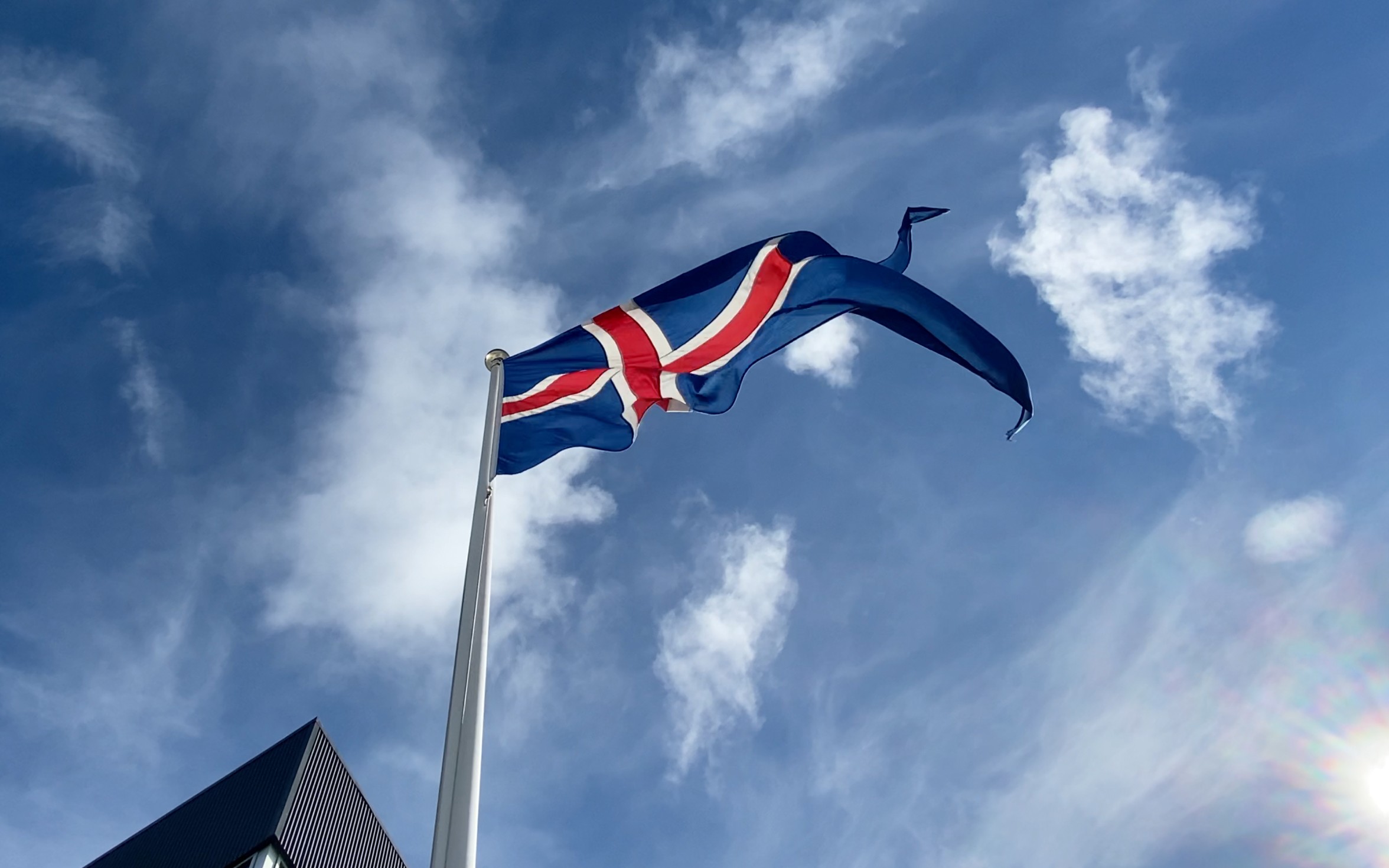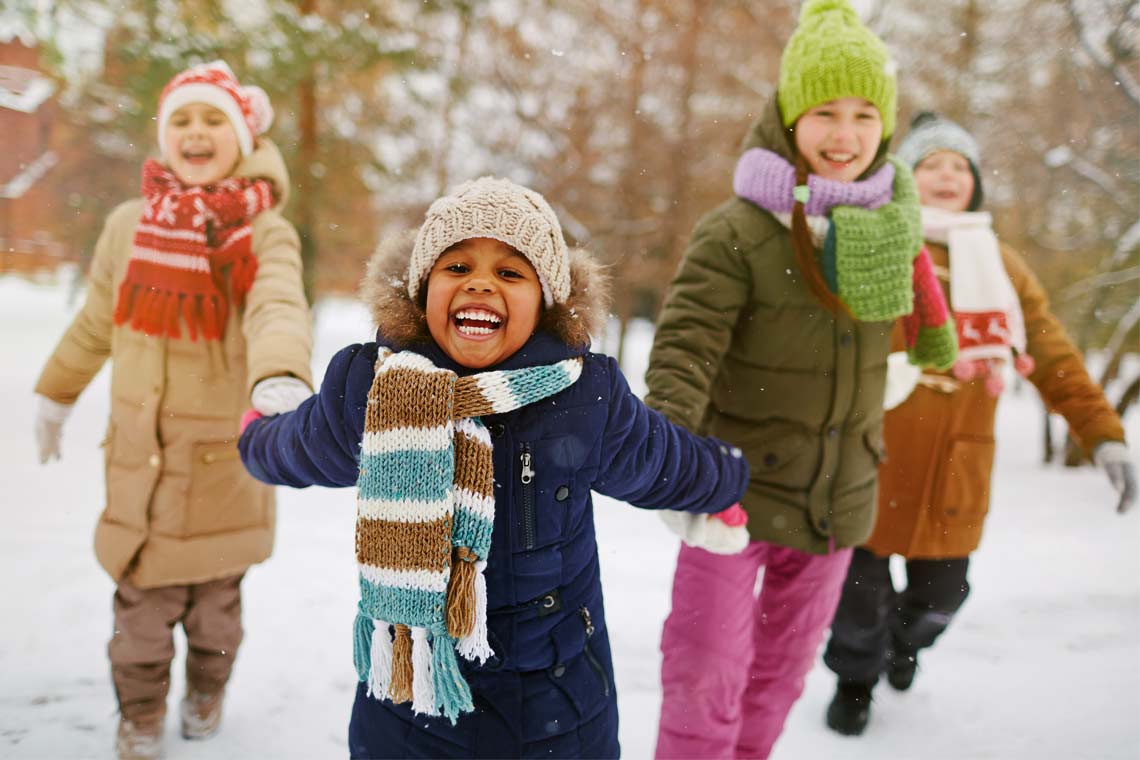New immigrant in Iceland
Welcome to Iceland
- Moving to a new country is a big step.
- It can take a long time to adapt to different circumstances, find a new livelihood and create a good home for you and your family.
- It's natural to experience various emotions in that time, such as joy, optimism, and excitement. But alsoemotions like grief, anxiety, disappointment, regret, fatigue and irritation.
- Even though many things are different, strange and difficult, there's also a lot that's good and interesting. Being curious and positive about new things is worth it.
- It’s sometimes said that “good things take time". Be patient, also with yourself.
The Community Education Course
- The aims of the course are education, discussion and insight into the main aspects of Icelandic society. The chapters are called:
- New Immigrant in Iceland
- History, Geography and Way of Living
- Children and Families
- Health
- Education and Skills
- Employment
- Democracy and Welfare Society
- The teaching material is on slides in nine languages (Icelandic, English, Arabic, Kurdish, Farsi, Polish, Ukrainian, Russian and Spanish). It is both written and read aloud.
- Teaching instructions are for teachers.
- Each chapter starts with a video of Icelandic daily life.
- All the material is available on www.landneminn.is
General Information on Iceland
- Iceland is an island in the Atlantic Ocean and is a part of Northern Europe.
- The country is 103,000 km2 and has a population of around 376,000 (January 1st, 2022).
- The inhabitants live along the coastline, but no one lives in the highlands.
- Most people live in the Greater Reykjavík Area.
- The capital of Iceland is Reykjavík.
- Iceland has a lot of mountains, fjords, valleys and wilderness.
- It also has glaciers and waterfalls but few forests.
- It often snows in winter and the winters are very dark – but summers are very bright.
- Iceland has been a republic since 1944.
- Parliamentary elections are held every 4 years. A government is formed after the elections.
- Iceland is a peaceful country and has no national army.
- Gender equality and human rights are enshrined in law.
- Iceland is a welfare state. That means that people pay relatively high taxes on wages but receive various services in return.
- Companies and individuals are obliged to pay taxes on their income to the state.
- The fishing industry and tourism are important industries in Iceland.
- Agriculture (meat and vegetables) is practiced and there are also large power plants to produce electricity.
- Many people also work in public administration and services, in the educational system and the health system. Industry and food production are also a major part of the Icelandic labour market.





